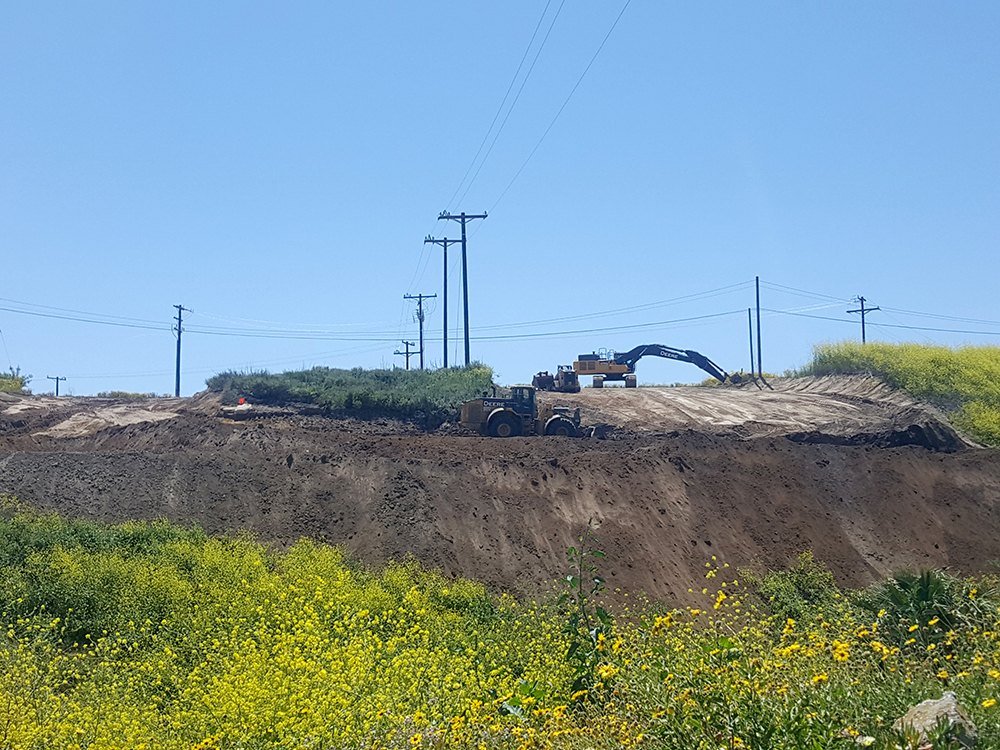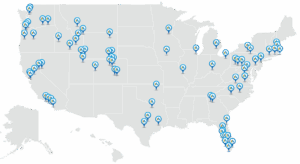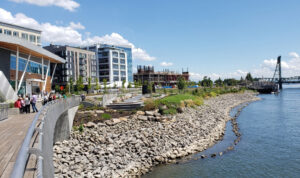Natural Resources Management Plan and Biological Opinion
Department of Defense (DoD) Defense Fuel Support Point (DFSP) • San Pedro, CA
Solution Overview

Client:
DoD DFSP
Business Challenge:
- Understand and mitigate project-related ecological impacts
Solution:
- In depth understanding of natural resource permitting requirements
Results:
- De minimis impact to ecologically
managed areas
Challenge
Apex Companies' ongoing Environmental Services contract at the DoD, 350-acre, DFSP San Pedro former bulk fuel terminal facility (the Site) includes the management of operations associated with a facility-specific Integrated Natural Resources Management Plan (INRMP) and a Site-specific Biological Opinion (BO). These documents were developed to avoid, minimize, and offset potential impacts to identified biologically sensitive areas (habitat areas) and threatened and endangered (T&E) species which collectively are present in Listed Species Management (LSM) areas of the Site.
Solution
Apex’s work at the Site has included preparing the most recent update to the Site-wide BO and ensuring the work completed at the Site by DoD contractors is completed accordance with the BO. In our role of providing environmental services at the facility, Apex is responsible for developing biologic informational brochures and to provide in-briefings to personnel and contractors new to the Site.
Recently, Apex was tasked with the design, permitting, construction, and commissioning of a new 34.5-kV electrical distribution system and a natural gas distribution network within the Tank Farm area of the Site. Once installed, these systems were used to provide energy to 13 soil and groundwater remediation systems. These remediations systems include the largest combined, in situ thermal soil and groundwater remediation project completed in the United States.
The proposed installation of the natural gas and electric supply features at this DoD site required Apex to coordinate with the Defense Logistics Agency (DLA), the Navy, and the US Fish and Wildlife Service (FWS) before field operations could commence. As part of this coordination work, Apex prepared and submitted Environmental Aspects and Requirements Review (EARR) forms for Navy review, processing, and approval—a critical step in the preparation to mobilize teams to the field.
Results
Our team completed the EARR process and coordinated schedules while working closely with the Navy’s biologist who provided oversight during field tasks. During the field work, the electrical distribution network of wires and power poles required transits of greater than 1,000 feet in length through LSM areas. Through careful planning and field work execution, the impact to ecologically managed areas was de minimis with the result that no LSM areas were lost—a testament to our ability to strategically follow the requirements of the BO.






